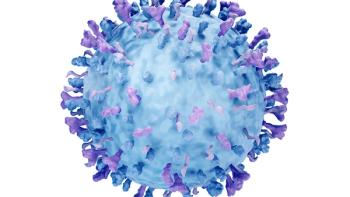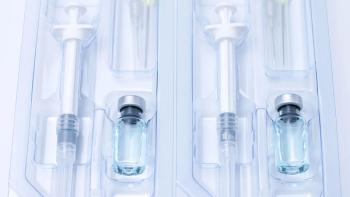
Polyplus-transfection Launches Residual Test for Transfection Reagents
The company has launched a residual GMP-compliant test and dual sourcing opportunity designed to increase compliance and reduce risks for ATMP manufacture.
Polyplus-transfection, a France-based biotechnology company focused on gene and cell therapies, has launched a current good manufacturing practices (cGMP)-compliant residual test for its PEIpro product portfolio, transfection reagents designed for process development, pre-clinical, clinical, and commercial lentivirus and adeno-associated virus (AAV) production for cell and gene therapies. The company is also launching dual sourcing for its PEIpro-GMP product for late-stage and commercialization of cell and gene therapies, Polyplus announced in a July 20, 2020 press release.
The cGMP-compliant test for its PEIpro product range is designed to detect residual transfection reagents during the production of advanced therapeutic medicinal products (ATMPs). cGMP guidelines specify that manufacturers should be aware of both the residual levels of raw materials used in drug products and the significance of their presence. These regulations ensure manufacturers reliably determine residual raw material levels and maintain reproducible safety of ATMPs for patient administration. The Polyplus test is able to detect and quantify residual PEIpro reagent throughout the ATMP manufacturing process. It can thus be used as a quality control measure for product release. The test can be adapted for each ATMP to ensure the lowest limits of detection.
In parallel, Polyplus has introduced dual sourcing for its reagent, which will mitigate the risks to the ATMP industry. The dual sourcing approach enables Polyplus to source its PEIpro-cGMP product from two distinct subcontracting manufacturing plants and enables the company to ensure sole responsibility and control of the process. ATMP manufacturers are then able to have Polyplus as a single point of contact while benefiting from increased production capacity and shortened lead times.
“As increasing numbers of ATMPs and gene therapies move through late-stage trials and commercialization, demand on cGMP reagent supply continues to increase. The complexities of ATMP therapies mean that Polyplus has to increase its services to the sector alongside increasing its product portfolio,” said Claire Wartel, PhD, director of quality and compliance, Polyplus-transfection, in the company press release. “By offering PEIpro residual testing and dual sourcing of PEIpro-cGMP to the ATMP market, this enables sector maintenance of regulatory compliance in addition to the lowering of manufacturing and supply risks. Polyplus will continue to work with the ATMP sector to develop further tests and services for therapies for patients.”
Source:
Newsletter
Stay at the forefront of biopharmaceutical innovation—subscribe to BioPharm International for expert insights on drug development, manufacturing, compliance, and more.




